Fats, Oils & Grease (FOG) – Preventing Sewer Backups & Overflows
Sewage backups and overflows are typically the results of grease buildup which can cause property damage, environmental problems, and other health hazards.
Fats, oils and grease get into the sewers mainly from commercial food preparation establishments that do not have adequate grease control measures in place such as grease interceptors. Most grease is the byproduct of cooking and is usually found in such things as:
- Food scraps
- Meat fats
- Lard
- Cooking oil
- Butter and margarine
- Baking goods
- Sauces
- Dairy products
All too often, fats, oils, and grease are washed into the plumbing system, (usually through kitchen sinks and floor drains found in food preparation areas) and stick to the insides of sewer pipes both on your property and in the streets.
Over time, fats, oils, and grease builds up and eventually block the entire pipe causing sewage backups and overflows.
Cost to Businesses
- As your sewer pipes back up, sewage and food particles that accumulate can attract insects and other vermin and may create potential health hazards.
- Property damage can result from sewage backups leading to expensive cleanup and plumbing repairs that may have to be paid for by you.
- Health code violations or closures can greatly impact your business operations.
Cost to Residents
- Clogged sewers can lead to overflows.
- As sewage overflows onto streets, it enters the storm drain system…
- …where the sewage is then carried to our local streams, rivers, and creeks, creating a health risk for swimmers, marine life—and possible closures.
Cost to the City of Aiken
- Increased sewer blockages and overflows lead to excessive and costly maintenance and can result in severe fines from the regulatory agencies.
- This can increase your sewer fees.
Proper Disposal Methods
To stop sewage backups and overflows, you need to keep fats, oils, and grease out of the sewer system. The most effective solution is to control fats, oils, and grease at the source. Here’s how:
- Install a grease interceptor that’s sized and manufactured to handle the amount of grease byproduct anticipated.
- Maintain your grease interceptor in proper operating condition by having it cleaned and serviced on a frequent basis.
- Implement these Best Management Practices:
- Scrape grease and food scraps from trays, plates, pots, pans, utensils, and grills (or other cooking surfaces) into a can or the trash for disposal.
- Do not put grease down garbage disposals. Use baskets or strainers in sink drains to catch food scraps and other solids, and dispose of it in the trash.
Don’t pour grease into kitchen sinks, floor drains, or toilets. Instead, recycle all used grease.
Be cautious of chemicals and additives (including soaps and detergents) that claim to dissolve grease. Some additives simply pass grease down pipes where it can clog sewer lines in another area.
